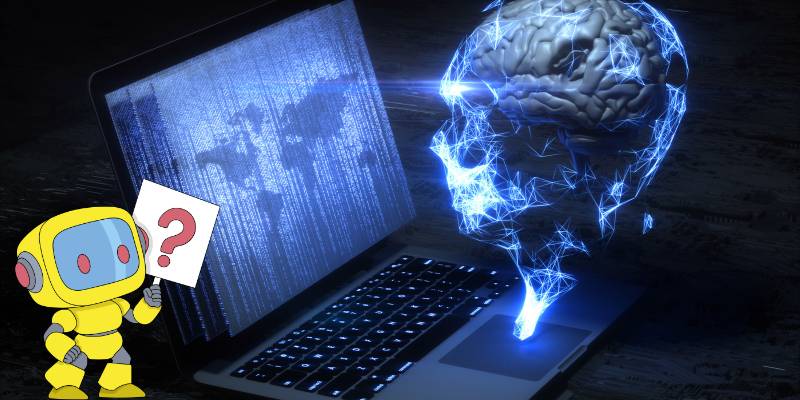Artificial intelligence has officially been placed alongside global threats like climate change and nuclear weapons after heated debates at the United Nations in New York, where leaders wrestled with how to regulate a technology that seems to sprint ahead of both ethics and law.
The mood of those talks echoed the old nuclear disarmament discussions—ambition clashing with fear.
On one hand, AI could drive medical breakthroughs or speed up clean energy innovation.
On the other, cybersecurity experts are warning that we’ve entered what they call a “golden age of hacking”, where malicious actors can use generative models to discover vulnerabilities or automate attacks with frightening ease.
Among the proposals at the UN was a plan to create a global panel of forty scientific experts, meant to function a bit like the IPCC does for climate.
Sounds good in theory, but the reality is messier. Algorithms don’t respect borders. A single project developed in one country can ripple into economies and security systems halfway across the world.
Would a panel like that actually have teeth, or would it end up being more symbolic than practical?
Italy, meanwhile, decided not to wait. Lawmakers there passed the European Union’s first sweeping artificial intelligence regulation, introducing criminal penalties for misuse, setting oversight obligations in high-risk sectors, and even limiting access for minors.
It’s a bold move, but it also risks creating a regulatory patchwork—tough enforcement in one country, near-total freedom in another.
Corporate giants are moving just as quickly, often in the opposite direction of regulation. Meta recently announced that its Llama language model will soon be rolled out to U.S. allies in Europe and Asia.
That kind of expansion highlights how AI has already become a tool of global influence, and it complicates the question of how any government—or the UN, for that matter—can rein it in.
And here’s the thing that sticks with me: AI isn’t just a tool, it’s a mirror. It reflects our best impulses—healing, innovation, exploration—but also our worst—greed, power, control.
The UN putting it on the official “global challenge” list may look like a small step, but small steps can be the start of real momentum.
Whether we see AI as just another shiny gadget or as a civilization-scale decision might define this century.
